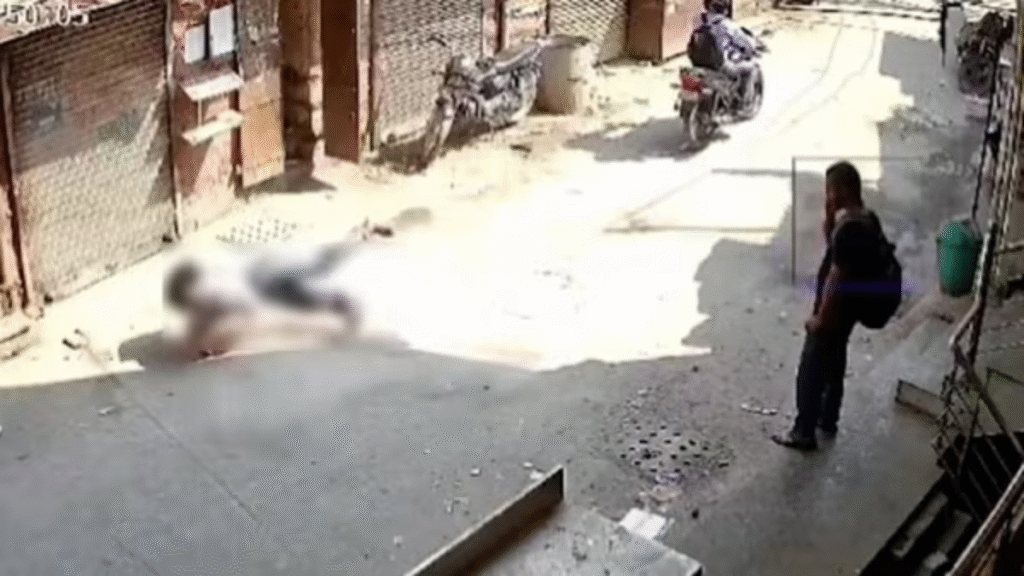Now Reading: Panic Grips Qatar: Civilians Flee Malls, Windows Shake Amidst Iranian Missile Barrage
-
01
Panic Grips Qatar: Civilians Flee Malls, Windows Shake Amidst Iranian Missile Barrage
Panic Grips Qatar: Civilians Flee Malls, Windows Shake Amidst Iranian Missile Barrage

A sense of profound shock and fear swept through the ordinarily serene streets and bustling commercial centers of Qatar this week, as Iranian missile strikes targeting the US Al Udeid Air Base sent tremors through civilian areas, leading to widespread panic and scenes of chaos. While Qatari and US officials confirmed no casualties or significant damage to the base itself, the psychological impact on residents was immediate and palpable.
On the evening of Monday, June 23, 2025, Iran launched a retaliatory missile attack following earlier US strikes on its nuclear facilities. The primary target was the Al Udeid Air Base, a crucial US military installation southwest of Doha. However, the sheer force and proximity of the explosions, coupled with the activation of air defense systems, sent shockwaves across the capital and its surrounding areas.
Eyewitness accounts painted a vivid picture of the fear that gripped civilians. Inside one of Doha’s most popular shopping malls, a sudden cacophony of alarms and distant booms shattered the evening’s calm. Videos widely circulated online showed shoppers, including families with young children, abandoning their carts and belongings in a desperate rush for the exits. The sight of people screaming and scrambling for safety underscored the terrifying reality that even in a country not directly involved in the conflict, the repercussions of regional tensions could spill over into everyday life.
“It shook all over,” recounted a 36-year-old Indian resident from Bin Mahmud, a neighborhood in Doha, to local media. “First, we heard explosions – four to five. Then the windows shook.” This sentiment was echoed by many, with residents describing the unfamiliar and unnerving sensation of their homes and commercial buildings vibrating from the force of the blasts. For long-term residents, the feeling of vulnerability was particularly stark. “This is the first time that Doha has felt unsafe,” stated the Indian resident, who has lived in Qatar for over a decade.
While Qatari authorities swiftly confirmed that their air defense systems had successfully intercepted the incoming missiles, preventing any loss of life or major structural damage, the immediate aftermath saw the temporary closure of Qatar’s airspace. Flights were grounded, disrupting travel and adding to the anxiety. Neighboring countries like Bahrain and Kuwait also took similar precautions, reflecting a wider regional apprehension about the escalating conflict.
The Qatari Ministry of Foreign Affairs strongly condemned the attack, calling it a “blatant violation of Qatar’s sovereignty and airspace, as well as a breach of international law.” Despite Iran’s claims that their targets were solely military and that no harm was intended towards Qatari civilians, the incident served as a stark reminder of the unpredictable nature of regional conflicts and how easily they can impact civilian populations.
Even as Qatar’s airspace reopened and a sense of normalcy slowly began to return, the memory of the panic and the shaking windows will likely linger for many. The incident has highlighted the precarious security landscape of the Middle East and the profound human cost, even in the absence of direct casualties, when geopolitical tensions manifest in such dramatic and terrifying ways.










